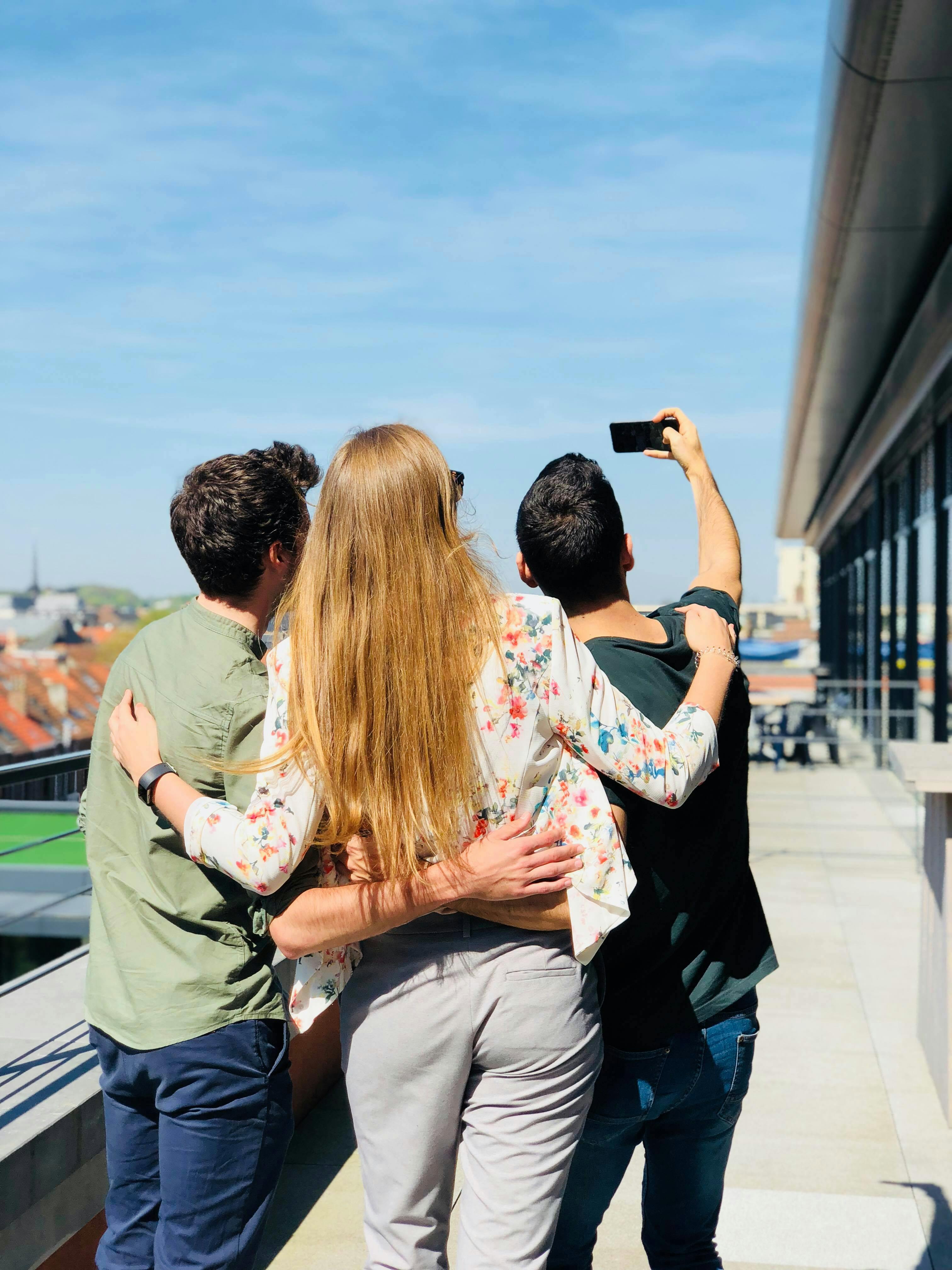I have had many reasons to be proud. Today is a new one. One of our former students came to me last winter. She was interested in a career as a Jewish educator. I told her that she must spend at least one summer as a counselor at a Jewish summer camp. While I promoted Crane Lake, Eisner and Olin Sang Ruby - all part of my past or present and development as a Jewish educator, for a variety of reasons, I ended up steering her toward Ramah Nyack. Imagine my delight when I came across the following post in eJewishPhilanthropy.com today!
Clearly there is a difference between a day school and religious school education. Time on task can change things exponentially. Nonetheless, Gabby thrived and grew and I am grateful to her and all of the teachers she had in our program. I look forward to the day I call her colleague.
Letters from Camp:
How Monday Night Limmud Changed my Jewish Outlook
By Gabby Tropp
This summer I experienced what it feels like to walk into a Jewish community different from my own when I spent my first summer at Jewish camp. Camp Ramah in Nyack, NY, is a unique Jewish camp model. It’s a day camp for our chanichim (young campers) and a sleepaway camp for our tzevet (staff). This means that as much as we have fun with our kids while we teach and learn with them, celebrating their successes and assuaging their fears, after the camp day we have fun with each other, teaching and learning, celebrating and growing.
As a traditional egalitarian community closely linked with the Jewish Theological Seminary and the Conservative Movement, Ramah Nyack strives for, and in my opinion achieves, excellence in Jewish education for kids and staff alike. Twice a week, the members of the Ramah Nyack staff community have the opportunity to hear from and engage with some of the best and brightest thinkers in modern Judaism, among their ranks senior camp staff, counselors, JTS professors, local rabbis, and community leaders.
For me, these limmud (learning) sessions were an outlook-altering opportunity. I was an outsider to the community in some ways, coming from a Reform background and a public school. Through limmud, I was introduced to new perspectives, was challenged in my own opinions, and learned constantly. Perhaps the most eye-opening session for me came on a Monday evening near the end of our kayitz in the form of a program entitled “Standards for Jewish Education.”
For some background on me, this summer marked the first time in my life that my religious observance regularly went beyond attending Kabbalat Shabbat services. I followed the laws of kashrut (keeping kosher), attended Shacharit (morning prayers) three days a week, led my chanichim in t’filah (prayer) every morning, commemorated and fasted for Tisha B’Av, and bensched (said blessings) after meals. Or at least those are all things I was doing by the end of Kayitz 2019. During Week 1, not only were these things foreign to me, but they were rituals and traditions that proved very hard for me to learn. As the days of the summer flew by, my comfort in the Ramah religious community increased.
Then came a huge moment of self doubt during limmud. The Standards for Jewish Education, which outlined “Jewish fluency” benchmarks for day school-educated eighth graders, expected more from those 13-year-old students than I could do. I was still in the process of learning Birkat HaMazon (grace after meals) when I attended this limmud session.
After this initial gut reaction of embarrassment, I asked whether or not it was reasonable to adjust these standards in Jewish fluency taking into account my education, which had significantly less time to prepare me for Jewish adulthood. And the answer was, of course, yes. At the end of the day, my Reform Jewish education had instilled in me a sense of Jewish pride and a passion for Jewish life and learning, which, along with my Ramah experience this summer, has put me on a path to continue developing my fluency in Judaism for the rest of my life.
I may not be as Jewishly literate as the typical day school eighth grader, but it still felt good as a 20-year-old to say Sh’hecheyanu (a milestone-marking prayer) after leading Birkat HaMazon for the first time. Ramah Nyack gave me the confidence, the courage, and the environment to learn and grow. I didn’t expect one summer at camp to change the way I think about Jewish learning or belonging in Jewish spaces, yet the most important lesson I learned this summer is that, while inclusion doesn’t happen overnight, any Jewish community is accessible if you’re willing to ask questions and put effort into finding answers and understanding traditions.
Gabby Tropp is a senior at Lafayette College, studying History, Spanish, and Jewish Studies. An aspiring Jewish Educator, she tries to bring Jewish learning into daily life. She was a student, madrikhah and substitute teacher at Congregation B'nai Israel in Bridgeport, CT.






